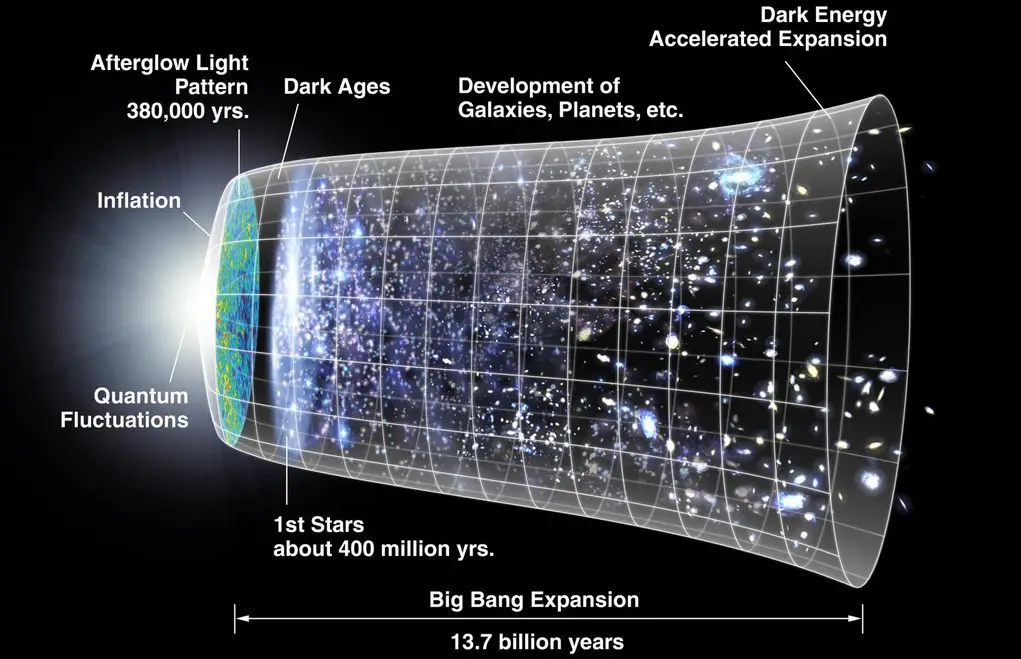News
Quantum Equation Suggests the Big Bang Never Occurred and the Universe Has No Beginning

New study gives an astonishing answer to the eternal question of how the world began. Two astrophysicists argue that the Big Bang may never have happened, meaning the universe may have existed forever.
The model they suggest complements Einstein’s theory of general relativity with quantum corrections, and could also explain dark matter and dark energy.
It’s needless to say that this hypothesis on the origin of the universe is drastically different from most modern cosmological models. One of the most popular ones, the Big Bang theory, suggests that the universe began from a single, infinitely dense point known as the “singularity,” which began to expand 13.8 billion years ago resulting in a “Big Bang.” This is when the universe began according to the proponents of this model.
The Big Bang theory is derived from the mathematics of general relativity, but there are some weak points in it, since it can only explain what happened immediately after the Big Bang, but not before.
Now, Dr. Ahmed Farag Ali of Benha University, Egypt, in collaboration with Professor Saurya Das of the University of Lethbridge, Canada, came up with a series of equations that present an eternal universe with no beginning nor end.
In their work, Ali and Das used the ideas of David Bohm, American theoretical physicist, to make quantum corrections to an equation developed by Indian physicist Amal Kumar Raychaudhuri (the so-called Raychaudhuri’s equation), thus combining elements from both quantum mechanics and general relativity. As a result, they got a universe that was much smaller in the past, but never existed as the infinite density point.
“The Big Bang singularity is the most serious problem of general relativity because the laws of physics appear to break down there,” says Ali.
What about dark energy and dark matter? It is another unsolved mystery of the universe that has been torturing scientific minds for years, as it has been confirmed that dark matter together with dark energy form approximately 95% of the total content of the universe, but yet so little is known about these mysterious phenomena.
Here Das and Ali’s model suggests that dark energy and dark matter may be derived from a Bose-Einstein condensate, a state of matter in which particles display macroscopic quantum phenomena. This condensate existed in the early universe and may have been formed by gravitons – hypothetical particles that flood the universe and carry gravity but have no mass.
Of course, the model suggested by Ali and Das is not a full theory of quantum gravity, but it is another major attempt to unite quantum theory and general relativity, which has been one of the most significant challenges in physics for the last decades.
Featured image: This is an artist’s concept of the metric expansion of space, where space (including hypothetical non-observable portions of the universe) is represented at each time by the circular sections. Credit: NASA
Typos, corrections and/or news tips? Email us at Contact@TheMindUnleashed.com
